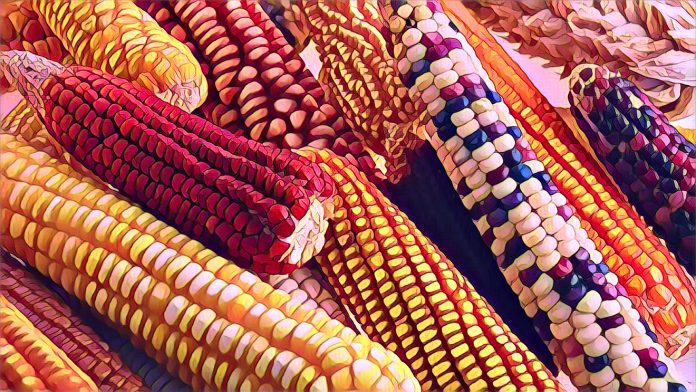Nigeria has taken a bold step towards enhancing its food security and climate resilience by approving the commercial release of four varieties of genetically modified (GM) maize. The new maize varieties, known as TELA maize, are drought tolerant and resistant to two major insect pests: stem-borer and fall armyworm.
The approval was granted by the National Committee on Naming, Registration, and Release of Crop Varieties, Livestock Breeds/Fisheries (NCNRRCVLF) at its 33rd meeting at the National Centre for Genetic Resources and Biotechnology (NACGRAB), Ibadan, Oyo State.
The four varieties approved by the NVRC are, SAMMAZ 72T, SAMMAZ 73T, SAMMAZ 74T, and SAMMAZ 75T. They were developed by the Institute for Agricultural Research (IAR) Samaru, Ahmadu Bello University Zaria through the TELA Maize Public-Private Partnership coordinated by the African Agricultural Technology Foundation (AATF).
The TELA Maize Project is a regional initiative that aims to improve the livelihoods of smallholder farmers in five countries – Ethiopia, Kenya, Mozambique, Nigeria, and South Africa – by providing them with access to improved maize varieties that can cope with drought and insect pressure. The project is supported by the Bill and Melinda Gates Foundation and the United States Agency for International Development (USAID).
According to Prof Ado Yusuf, Executive Director of IAR, the new maize varieties have undergone rigorous research and testing and have proven to be superior to conventional hybrids in terms of yield and resilience. He said the varieties can produce up to 10 tonnes per hectare under good agronomic practices, compared to the national average of six tonnes per hectare.
He also said the varieties will help farmers reduce the use of pesticides and save money on inputs, as well as protect the environment and human health. He expressed his pride in the achievements of the scientists and thanked the partners for their support and collaboration.
Dr Canisius Kanangire, AATF’s Executive Director, said the release of TELA Maize in Nigeria will contribute to the country’s agricultural transformation agenda and the Sustainable Development Goals. He said AATF is committed to addressing the challenges faced by farmers across the continent through innovative technologies and partnerships.
Other stakeholders who celebrated the approval include Professor Garba Sharubutu, the Executive Secretary of the Agricultural Research Council of Nigeria (ARCN), Prof. Mustapha Abdullahi, the Director-General of the National Biotechnology Development Agency (NABDA), and Dr Sylvester Oikeh, the TELA Maize Project Manager.
The approval of TELA Maize in Nigeria comes at a time when the country is facing food insecurity and climate change challenges, exacerbated by the COVID-19 pandemic. According to the World Food Programme, more than 9 million people in Nigeria need food assistance, while the Food and Agriculture Organization estimates that the fall armyworm has caused losses of up to $268 million in maize production in Africa.
TELA Maize offers a ray of hope for Nigerian farmers and consumers, as it promises to increase maize productivity, reduce hunger and poverty, and enhance food and nutrition security. The next step is to ensure that the seeds are available and affordable for the farmers who need them the most.
Source: The Guardian Nigeria



